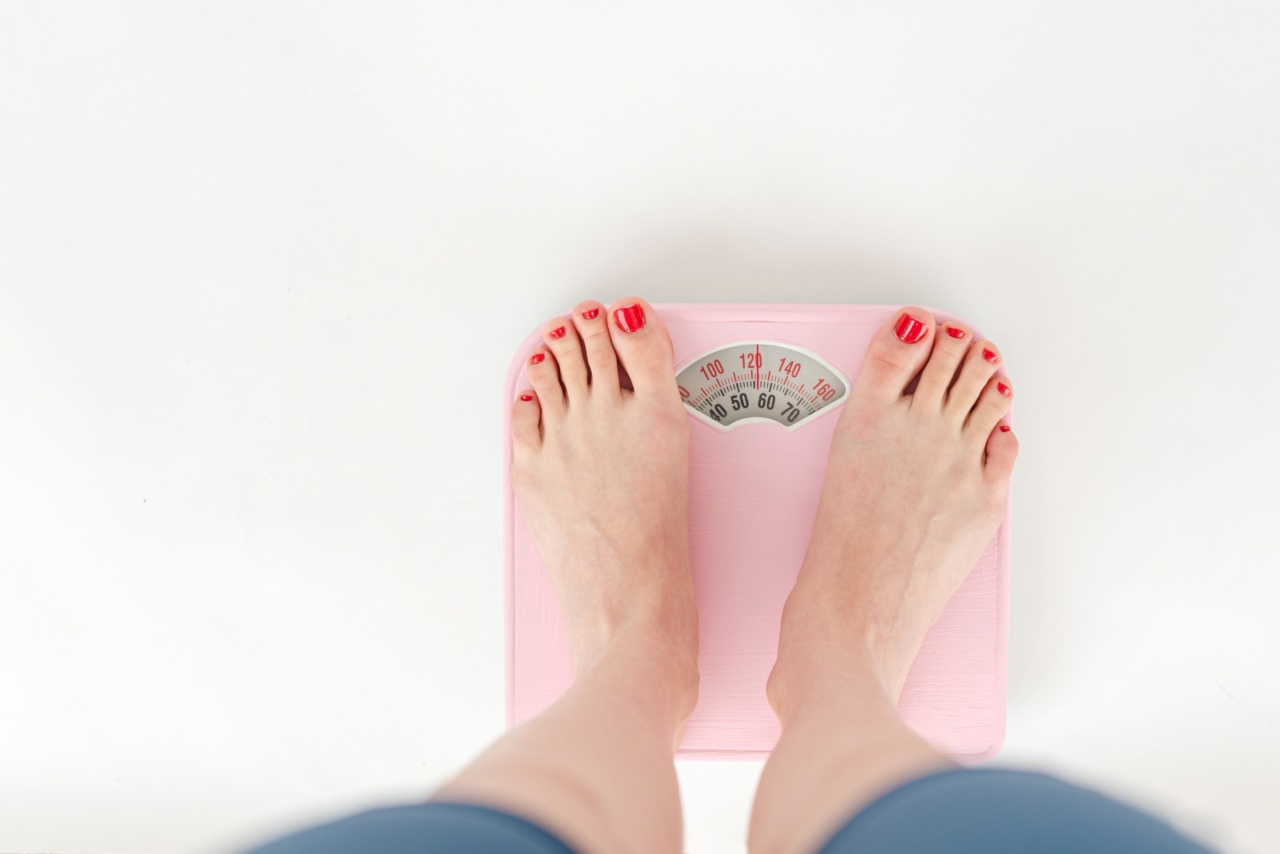Excess weight is a growing concern in today’s society, with obesity rates on the rise in many countries. This additional weight can have a detrimental effect on various aspects of our health, including our joints.
One area where excess weight can put significant pressure is on our knees. In this article, we will explore how carrying around extra pounds can impact the knees and what steps can be taken to alleviate this pressure.
The Mechanics of Knee Joints
Before delving into the effects of excess weight on the knees, it is crucial to understand the mechanics of these joints.
The knee is a hinge joint comprising three main components: the thigh bone (femur), the shin bone (tibia), and the kneecap (patella). Between these bones lie cartilage, ligaments, tendons, and other soft tissues, all working together to ensure smooth motion.
Understanding the Impact of Excess Weight
When we carry excess weight, the force exerted on our knees increases. For every additional pound of body weight, an extra four pounds of pressure is applied to the knees during activities such as walking, running, or climbing stairs.
Therefore, the more weight we carry, the greater the strain on our knees. Over time, this added stress can lead to various knee issues, including:.
1. Osteoarthritis
Osteoarthritis occurs when the protective cartilage within the knee joint wears down, causing bones to rub against each other.
The increased pressure resulting from excess weight can accelerate this degeneration, leading to pain, swelling, and stiffness.
2. Patellofemoral Pain Syndrome
Patellofemoral pain syndrome, or runner’s knee, is a common condition characterized by pain around or behind the kneecap.
Excess weight can exacerbate this syndrome by causing misalignment or increased pressure on the patella, leading to inflammation and discomfort.
3. Meniscal Tears
The meniscus is a rubbery cartilage pad that acts as a shock absorber between the femur and the tibia. Excessive weight can put extra strain on the meniscus, increasing the risk of tears and subsequent pain and limited mobility.
4. Ligament Injuries
The ligaments around the knee, such as the anterior cruciate ligament (ACL) and the medial collateral ligament (MCL), are susceptible to injury.
The additional stress caused by excess weight can contribute to ligament tears or sprains, which may require surgery or prolonged rehabilitation.
Preventing and Alleviating Knee Pressure
While losing weight is the most effective way to alleviate knee pressure, there are other strategies individuals can employ to protect their knees. These include:.
1. Regular Exercise
Engaging in low-impact exercises, such as swimming or cycling, can help strengthen the muscles around the knee joint without placing excessive strain on it. This can reduce knee pain and increase overall joint stability.
2. Maintaining a Healthy Weight
Eating a balanced diet that includes fruits, vegetables, lean proteins, and whole grains can aid in weight management.
By achieving and maintaining a healthy weight, individuals can alleviate pressure on their knees and decrease their risk of developing knee-related issues.
3. Using Assistive Devices
For those with existing knee problems or significant weight, using assistive devices like braces or walking aids can provide additional support and reduce pressure on the knees.
4. Proper Footwear
Wearing appropriate footwear that provides adequate cushioning and arch support can help distribute the body’s weight more evenly, reducing the pressure on the knees.
It is advisable to consult with a podiatrist or orthopedic specialist to determine the most suitable footwear for individual needs.
5. Avoiding High-Impact Activities
Participating in high-impact activities, such as running or jumping, can place excessive strain on the knees. Opting for low-impact alternatives like swimming or yoga can help protect the knees while still maintaining an active lifestyle.
When to Seek Medical Advice
If individuals experience persistent knee pain, swelling, or limited mobility, it is crucial to seek medical advice.
A healthcare professional can accurately diagnose the issue, provide appropriate treatment, and offer guidance on weight management and knee care.






























